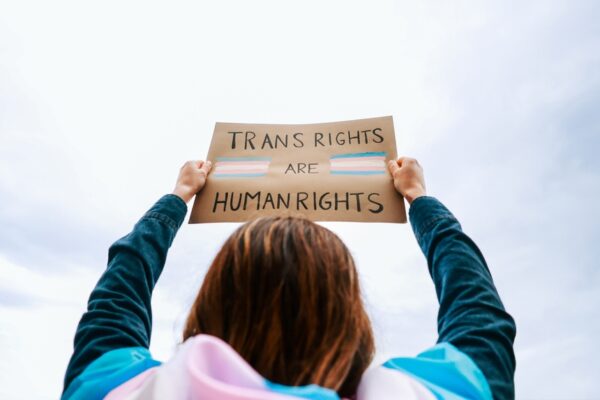On November 19, 2025, Mayor Grimm joined three Sandpoint City Council members to remove a longstanding local law that protects the LGBTQ+ community from discrimination.
The repeal is a deeply disappointing move backward. Nearly 14 years ago, Sandpoint became the first Idaho city to establish local protections against unequal treatment based on gender or sexuality.
What the removal of NDO protections means
The non-discrimination ordinance (NDO) was originally introduced to fill a gap: few protections exist for LGBTQ+ folks at the state or federal level.
NDO protections covered areas of employment, housing, and public accommodations. They provided critical safeguards to ensure everyone is treated equally in workplaces, public spaces, and when renting or buying a home.
The decision to repeal these safeguards demonstrates a clear departure from Idahoans’ true values of fairness and respect for all people.
Let's be clear: Sandpoint City Council's choice to remove protections—and Mayor Grimm's tie-breaking vote—makes our trans neighbors less safe.
We believe it is the role of elected officials to protect our civil rights and freedoms, rather than govern in ways that erode or risk them. We also believe it is the work of the people to hold the government accountable. We are inspired by Sandpoint residents who spoke out to defend civil rights.
Community engagement with local government is powerful, especially in small, rural communities. It is crucial for all of us to stay engaged and continue fighting to protect local NDOs.
Now more than ever, we must be diligent in protecting our freedoms. We must stay vigilant and engaged in the struggle to preserve and protect our rights, from city hall to the statehouse.
—For 14 years, Sandpoint’s NDO protected residents without issue. However, city officials have chosen to use LGBTQ+ identities as wedges to divide communities, instead of upholding equal treatment for all. The belief that nobody should face discrimination in their place of work or home, or refused service simply because they’re gay or trans, is not a divisive idea. It is a reflection of basic fairness.
Jenna Damron,
Statewide LGBTQ+ Rights Strategist,
ACLU of Idaho
What is a non-discrimination ordinance (NDO)?
NDOs are local laws. They apply within a city (or other local jurisdiction). They are designed to protect people from unequal treatment, like discrimination, based on immutable traits, such as race, religion, sex, sexual orientation, and gender identity.
The protections apply to areas like employment, housing, and public accommodations.
What if my city does not have a non-discrimination ordinance and I have been discriminated against?
If the potential discrimination happened in a city without a non-discrimination ordinance, you may not be protected. Please contact our office and the Idaho Human Rights Commission for more information on referrals and other avenues you can take.
Are these NDOs permanent or can they be challenged?
NDOs can be challenged at any time, so it’s essential to stay informed about local and state efforts to repeal them. For instance, Pocatello narrowly protected its ordinance after a challenge in 2014.
While the state legislature has tried to limit the power of municipalities in recent years, cities remain important sites of political power. This means that just as NDOs can be challenged at any time, folks can also proactively campaign for NDOs at any time.
Does Idaho have statewide protections?
No. There are no official statewide protections for sexual orientation and gender identity in Idaho. The ACLU of Idaho works closely with Add the Words, Planned Parenthood, Pride Foundation and other LGBTQ+ organizations to advocate for inclusive statewide legislation.





